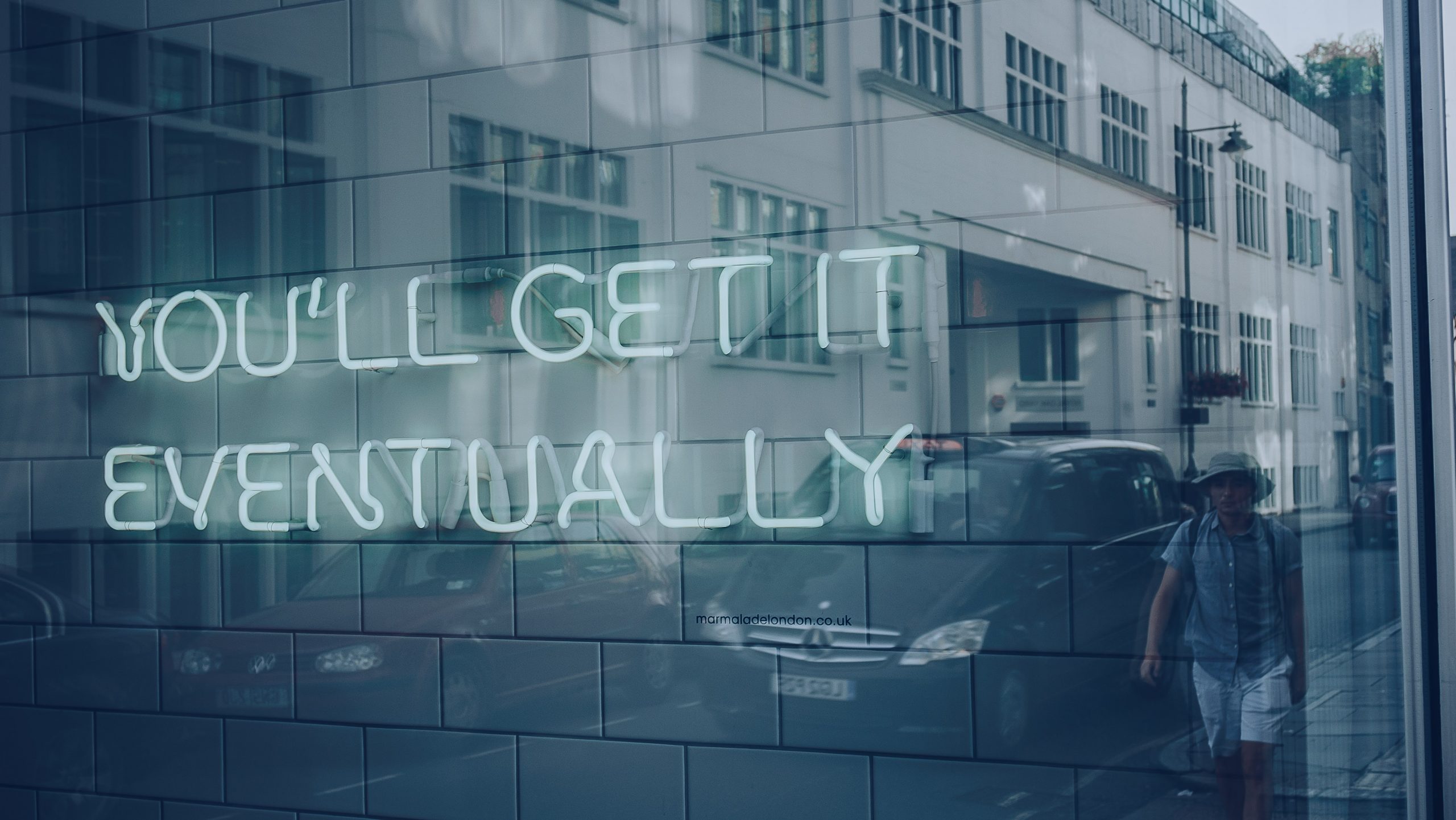According to the Merriam-Webster dictionary:
The term ‘imposter syndrome’ can be traced to a 1978 article by the American psychologists Pauline Clance and Suzanne Imes, “The Imposter Phenomenon in High Achieving Women: Dynamics and Therapeutic Intervention.” Originally called imposter phenomenon, imposter syndrome, as it’s usually called, is commonly understood as a false and sometimes crippling belief that one’s successes are the product of luck or fraud rather than skill.
While initially Clance and Imes looked at it from the perspective of women, it has come to be used to apply to all of us who have these feelings of doubt when it comes to our ability in various spheres of our lives, particularly in the work or professional spaces.
Interestingly enough, there is also a school of thought that imposter syndrome is not a thing, or rather how we define it misses the mark, especially as it applies to women, specifically. In the article Feeling Like An Imposter Is Not A Syndrome, L.V. Anderson writes:
In truth, impostor syndrome doesn’t fit the clinical criteria for a psychological syndrome, which is defined as a cluster of symptoms that causes intense distress or interferes with a person’s ability to function. “I’m not sure when it began to be called a syndrome, but I do think that somehow that’s just easier for people to think about than phenomenon,” Clance told me. “They’re not quite sure what phenomenon means.” For the recent book Presence, Clance told Harvard social psychologist Amy Cuddy, “If I could do it all over again, I would call it the impostor experience, because it’s not a syndrome or a complex or a mental illness, it’s something almost everyone experiences.”
However you define it, it definitely feels real, albeit illogical half the time. I was reflecting recently on how, when it comes to my writing, I have always sought validation from people I respect but it never feels quite good enough. When submitting a freelance piece, the period between sending it and them coming back to say they are happy with it can be truly nerve-wracking.
And now, I am halfheartedly writing a book. Writing in isolation, without input, has ramped up the self-doubt and self-judgement. Will a publisher want to publish it? Will people be interested in reading it? Yada yada.
I know, the thing is just to write it and deal with the rest afterwards but, every now and then, I can’t help but feeling a bit of an imposter. Which is not logical because I have written a crapload of things over the years and there have been some who enjoy that writing.
There are countless articles on imposter syndrome, including how to deal with it. I particularly enjoyed Darren Rowse’s Imposter Syndrome: What It Is and How To Overcome It.
How do you deal with it personally, if it is a thing for you?

